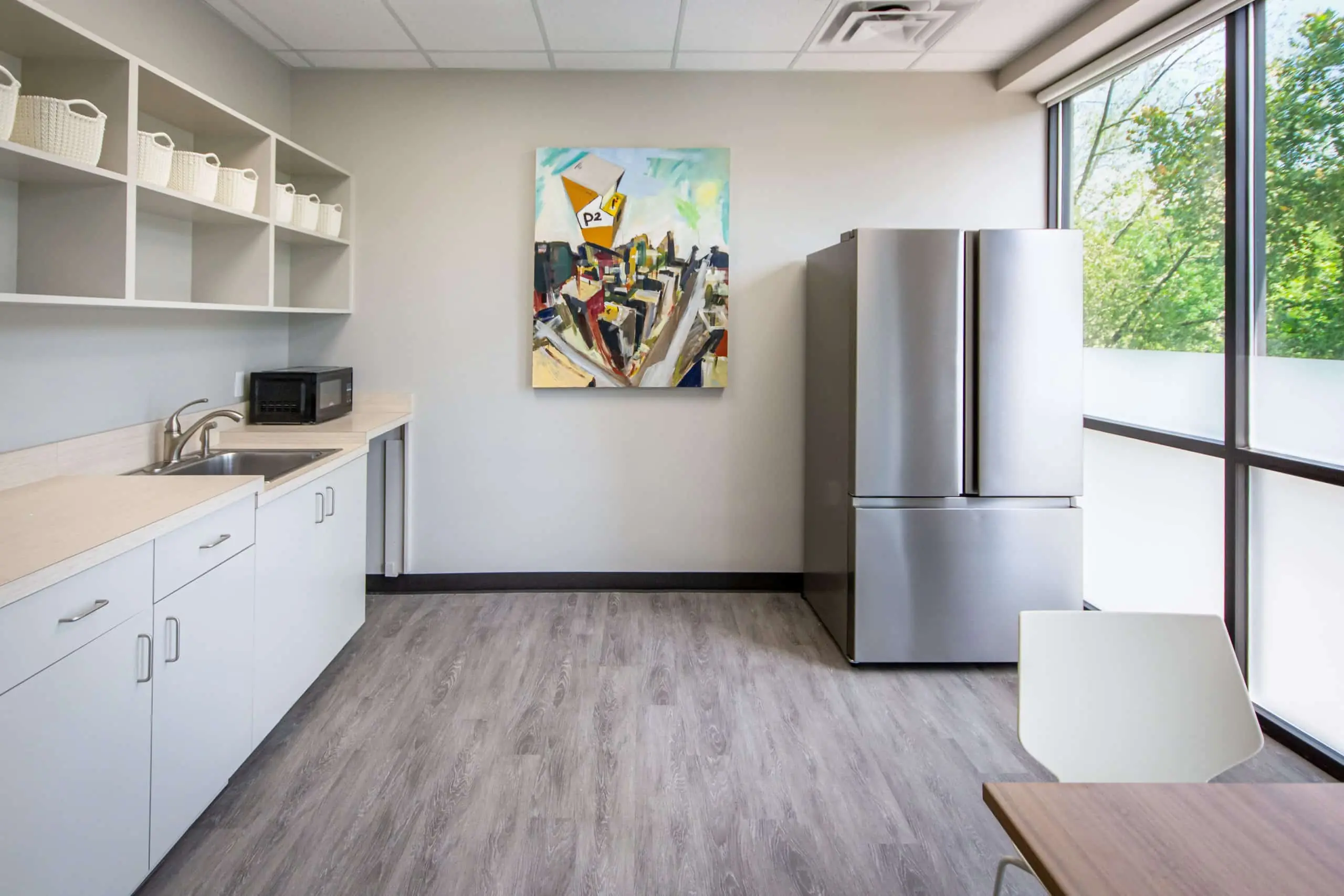Depression comes in many shapes and sizes. Depression can leave you paralyzed, stuck on your bed and unable to even summon up the will to brush your teeth in the morning. If you’re struggling with depression, anxiety, or any other kind of mental health disorder, we understand that it can be almost impossible to function. But not everyone’s experience with depression is the same. Some people have what we might call “high functioning depression”. It can seem invisible. But it’s very, very real. Learn about it in this blog.
What’s Depression?
Let’s start with the basics: What is depression?
Depression is often described as an overwhelming and persistent sense of sadness, emptiness, or hopelessness that can deeply affect every aspect of a person’s life. For those experiencing depression, everyday activities that once brought joy or satisfaction may feel meaningless or exhausting. It’s as if a heavy weight is pressing down, making even the simplest tasks seem insurmountable. Concentration becomes difficult, and thoughts often spiral into negativity, with self-criticism and feelings of worthlessness becoming a constant inner dialogue. This mental and emotional fog can lead to withdrawal from social interactions, as the energy required to engage with others feels too great.
Physically, depression can manifest in various ways, such as fatigue, changes in appetite, sleep disturbances, and unexplained aches or pains. The body feels drained, and getting out of bed in the morning can be a monumental challenge. The mind may be plagued by persistent anxiety, irritability, or a sense of dread, and at its most severe, depression can lead to thoughts of self-harm or suicide. Despite the profound impact depression has on a person’s life, it often remains hidden from others, as those suffering may mask their pain to avoid burdening others or because they fear they won’t be understood. Living with depression can feel like being trapped in a dark, endless tunnel with no visible way out, making it crucial to seek support and treatment to begin the journey toward recovery.
It can be hard to ask for help. It can be hard to pick up the phone and call. But if you’re struggling with depression, sometimes the hardest thing to do is also the best thing that you can do for yourself.
If you’re struggling with your mental health, and you think that you need treatment for depression, you need to get help. We know it can be hard to ask for help if you’re struggling with depression. But we also know that the hardest thing about depression is picking up the phone. Give us a call at (470) 460-6962. We’ll take care of the rest.

What’s High functioning Depression
High-functioning depression, often referred to as Persistent Depressive Disorder (PDD) or dysthymia, is a form of depression where individuals experience chronic low mood and depressive symptoms, but they can still maintain their daily responsibilities and outwardly appear to be functioning well. People with high-functioning depression may hold down a job, maintain relationships, and manage everyday tasks, often giving the impression that they are coping effectively. However, beneath this surface-level functionality, they struggle with persistent feelings of sadness, hopelessness, low self-esteem, and a lack of interest or pleasure in most activities.
The symptoms of high-functioning depression are typically less severe than those of major depressive disorder, but they are long-lasting—often persisting for years. This can lead to a reduced quality of life, as individuals may feel like they are “going through the motions” without experiencing true happiness or fulfillment. The chronic nature of high-functioning depression can make it difficult to recognize and treat, as those affected might downplay their symptoms or believe that they are just part of their personality or normal life. Despite being high-functioning, the condition can still have serious consequences if left untreated, including an increased risk of more severe depressive episodes, substance abuse, and other mental health issues. Treatment, which may include therapy, medication, and lifestyle changes, can help individuals manage their symptoms and improve their overall well-being.
High functioning Depression…there’s no such thing
The simple truth is this: there is no such thing as “high functioning depression”. No one who is suffering from depression is high functioning. It’s a myth and a practically oxymoronic one at that. Compared to what you might be, there is no such thing as someone suffering from high functioning depression. Your performance in school, at work, your ability to be a friend, a member of your family, or a romantic partner all suffer from depression. You are not the best person you can be if you’re suffering from depression.
If you’re suffering from depression, you suffer. Daily. But you don’t have to.
If you have high functioning depression, get depression counseling and depression treatment.
Getting Depression Counseling is as easy as calling (470) 460-6962. At Buckhead Behavioral Health, we have the counselors, and treatment staff that you need to start getting better today. Give us a call at (470) 460-6962 and let us help you turn your life around.




